|
According to recent polls approximately fifty-five percent of U.S. adults are dissatisfied with both major party candidates, President Joe Biden and former President Donald Trump. Count me among this group. In previous blogs I have written about the need for another major political party in the U.S. to weaken the stranglehold on our politics by the Democrat and Republican duopoly. But now is not the time. In the midst of a razor thin presidential race, a third-party candidate could easily disrupt the race in ways that may not be in the best interests of the county. As a point of clarification, when I refer to a third-party candidate, I am also referring to independent candidates who are not affiliated with a political party. Here is a list of the major third-party candidates who have obtained ballot access in at least some of the 50 states: Candidate # of States with Ballot Access Robert F. Kennedy Jr.(Independent) 10 (14 pending) Chase Oliver(Libertarian) 33 ( 1 pending) Jill Stein(Green) 23 ( 1 pending) Cornell West(Independent) 6 ( 2 pending) Obstacles Confronting Third-Party Candidates: Even with all the discontent with the major political parties, third-party candidates have had little success in garnering much national support. Americans have never elected a third-party candidate for president. It takes a tremendous amount of money and the backing of a large political team to run an effective national campaign. In this country most of the big money donors and political talent are controlled by the Democrats and Republicans. Elections are administered by the states, governed by laws written by politicians who are members of one of the two major parties. Just getting on the ballot in each of the fifty states is an arduous and expensive task. The major political parties handle this for their candidates, but independent candidates are on their own. There are some variations between states, but there are basically three ways to get on a state’s ballot.
Without access to the ballot in all fifty states it is nearly impossible to win the 270 electoral votes needed to win the presidency. All states, except Maine and Nebraska, award all their electoral votes to the candidate that received the most overall votes in their state. Maine and Nebraska award their electoral votes by Congressional district. In 1992 Ross Perot ran the most successful third-party campaign for president since Teddy Roosevelt’s in 1912. Perot won 19% of the popular vote running against George H.W. Bush and Bill Clinton. But even the most successful independent run for president in the past 100 years didn’t earn Perot a single electoral vote. Impact of Third-Party Candidates in Recent Years: Ross Perot in 1992: Bill Clinton defeated George H.W. Bush in the 1992 presidential race with 43% of the vote. Running as an independent, Ross Perot pulled a significant number of Republican and independent votes from Bush, which likely cost him the election. Ralph Nader in 2000: In the closely contested 2000 presidential election between Al Gore and George W. Bush, it came down to the state of Florida to determine the winner. Ralph Nadar was the candidate for the left leaning Green Party and won 97,488 of the Florida votes. Bush beat Gore in Florida by only 573 votes and secured the presidency. Did Ralph Nadar spoil the election for Al Gore? It’s hard to argue otherwise. Jill Stein in 2016: In the 2016 presidential race Hillary Clinton received 2.9 million more popular votes than Donald Trump, yet Trump received 304 electoral votes to Clinton’s 227 and won the election. With approximately 7 million votes going to third-party, independent and write-in candidates, either Clinton or Trump could have benefitted if they received even a small percentage of these votes. Clinton lost Michigan, Pennsylvania, and Wisconsin by a combined total of less than 80,000 votes, giving all electoral votes from these states to Trump. If all of Jill Stein’s votes went to Clinton in these states she would have won the election. Jill Stein was the candidate for the left leaning Green Party, so this scenario is plausible. The Libertarian candidate Gary Johnson received three times as many votes as Jill Stein and it is impossible to know how many of his votes would have gone to either Trump or Clinton if he weren’t in the race. 2020: In the 2020 presidential election only 2% of the votes went to a third-party or independent candidate compared to 6% in 2016. This is probably no accident. The Democrat Party was convinced that Hilary Clinton lost the election in 2016 due to votes that went to third-party candidates, particularly Jill Stein. Operatives for the Democrats went to work and were successful in limiting the number of states where the Green Party candidate appeared on the ballot for the 2020 election. In that election the Green Party candidate appeared on the ballot in only 22 states compared to 48 in 2016. The 2020 election was extremely close in several key battleground states. If third-party and independent candidates received votes in numbers closer to historical norms, the election could have turned out very different. Joe Biden won Michigan, Pennsylvania and Nevada by less than 3% of the votes. The margin of victory for Joe Biden in Wisconsin, Arizona and Georgia was less than 1%. These are sobering facts for the Democrats in the runup to the 2024 election. Looking Ahead to 2024 Election: The dynamics of the 2024 election are pointing to an election where independent and third-party candidates could play a significant role in the outcome. Current national polls put the race at a statistical dead heat, with Trump and Biden both polling at around 41% among registered voters. Robert F. Kennedy Jr. is running a distant third at about 10%, with the remaining voters either undecided or throwing their support behind Jill Stein, Chase Oliver, or Cornell West. It is impossible to know precisely how any one of these third-party candidates will impact the election, but with the overall discontent with the major party candidates, it is something that concerns both campaigns. Of concern to the Biden campaign are left leaning candidates Jill Stein and Cornell West. Chase Oliver is the libertarian candidate but is left leaning and could also pull some of Biden’s votes. Robert F. Kennedy Jr. is the wildcard in the race and has the potential to be the biggest disrupter. Kennedy has the advantage of his famous name, which gives him instant recognition, and he will be on most of the ballots in the battleground states. He is a former Democrat, but well known for his anti-vax and conspiratorial views. This might explain why he is pulling support away from both Biden and Trump. I think that the Biden campaign has the most to fear from Kennedy due to his strong support among Latinos and younger voters. The Biden and Trump campaigns are both nervous that Kennedy could siphon away votes. Trump is now painting Kennedy as a “radical left lunatic” and a “liberal parading in conservative clothing". Biden has enlisted the help of the Kennedy clan who have thrown their support behind him and denounced their wayward relative. If history is any guide, most voters will coalesce around one of the two major candidates as the election nears. That will still leave several million votes going to someone other than Trump or Biden. The election will be decided in the battleground states which proved to be decisive for Biden in the last election, but by very narrow margins. An independent or third-party candidate has no chance of winning 270 electoral votes in the 2024 presidential election, so the next president of the United States will be either Joe Biden or Donald Trump. If you prefer either of these candidates, you should make your vote count and vote for them. Now is not the time to issue a protest by voting for a third-party, independent, or write in candidate, or by not voting at all. This election is too important, and the outcome will shape the direction of our democracy for years to come. If you enjoy reading this type of commentary please subscribe to my blog and tell a friend. You will receive an email notification when new blogs are posted. The email will come from the site’s email: [email protected].
Thanks, Armchair American
0 Comments
As most of you are aware, former president Donald Trump was convicted last month on 34 felony counts arising from hush-money payments to an adult film star. Trump will be formally sentenced for these crimes on July 11, 2024, at which time his legal team will file an appeal. The appeal process will take months, if not years, and well after the 2024 presidential election is decided. It would be nice if we could all take a collective deep breath and let the case work its way through the legal system. But alas, that is not to be. Trump’s felony conviction has become a major campaign issue for both Democrats and Republicans. To Trump and his allies the case against him was a politically motivated witch hunt, culminating in a sham trial to discredit him in the run-up to the November election. To those who are less inclined to take Trump’s point of view, the conviction is proof that the system of justice works and that no one is above the law. Jim JordanThere have been a lot of issues raised about the legitimacy of the trial. Was it a political “hit job” or was justice served? Let’s examine some of the issues raised to see if they have any validity: The Biden Administration has Weaponized the Justice Department to Attack Trump: In a news conference after his conviction, Trump accused President Biden of orchestrating the “sham trial” and using the Department of Justice (DOJ) to go after him. There is no evidence that President Biden or anyone in his administration, including the DOJ, had anything to do with the criminal case against Trump in New York. The case was brought by Manhattan District Attorney Alvin Bragg in a state court where the federal government has no jurisdiction. Earlier this month Attorney General Merrick Garland testified under oath before the House Judiciary Committee to answer claims that the DOJ had influenced the trial in New York. To this and other questions put to him by committee members, Garland stated, “The Manhattan District Attorney has jurisdiction over cases involving New York state law, completely independent of the Justice Department.” He went on to say that the Justice Department did not control the Manhattan District Attorney, has no contact with him and he is free to make decisions regarding New York state law. Alvin Bragg will appear before the House Judiciary Committee next month to answer questions about the hush-money trial. House Committee Chairman Jim Jordan has accused Bragg of conducting a “political prosecution” of Donald Trump. Jordan is one of Trump’s most vocal supporters in Congress and will use his position to attack anyone who dares to cross Trump. The Trial was Timed to Interfere with the Election: The investigation into Trump by the Manhattan District Attorney’s office started several years before he announced plans to run for president in 2024. The investigation began in 2018 by Alvin Bragg’s predecessor, Cyrus Vance Jr. Alvin Bragg became Manhattan District Attorney at the beginning of 2022 and continued the investigation into the hush-money payments, leading to a grand jury indictment of Trump in March 2023. Trump announced his decision to run for president in November 2022, well into the investigation of hush-money payments to Stormy Daniels and others. In all likelihood Trump announced his decision to run for president this early in order to shield himself against mounting legal troubles. Trump has Repeatedly Claimed “There is no Crime”: Trump was tried and convicted in New York on 34 counts of falsifying business records, which are typically misdemeanors. Under New York law misdemeanors have a two-year statute of limitations. By the time the Manhattan District Attorney indicted Trump, the statute of limitations would have prevented an indictment based on misdemeanor charges alone. But the indictment brought against Trump was for 34 felony counts, not misdemeanors, extending the statute of limitations to over five years (COVID disruptions extended the statute of limitations for felony cases even further). The key to the case against Trump was the ability under New York law for a misdemeanor to be raised to a felony if it was done to commit or conceal another crime. As spelled out in the indictment, the business records were falsified “with the intent to defraud and intent to commit another crime and aid and conceal the commission thereof.” The indictment also revealed that the other crimes included violating state election laws and income tax laws. It is true that the falsification of business records case would not have been brought against Trump if the crimes could not have been bumped up to felonies. It is also true that Trump would not have been convicted if the jury had not unanimously agreed that state election laws had been violated. The evidence provided at court by the prosecution to prove that Trump and his organization falsified business records was indisputable. Furthermore, all twelve jurors were convinced that the business records were falsified to shield Trump from negative publicity during his 2016 presidential campaign. This is a clear violation of Section 17-152 of the New York state law. Judge Merchan was Corrupt and Partisan: Trump has repeatedly called presiding Judge Juan Merchan “crooked”, “corrupt” and “highly conflicted”. There is simply no evidence to back up Trump’s assertions about the judge. The partisan claims against the judge are flimsy at best. In 2020 Juan Merchan donated a total of $35 to Democrat groups, including a $15 donation to the Biden campaign. Trump’s legal team tried to get Judge Merchan removed from the case because of his daughter Loren’s work with Democrat groups. Loren Merchan served as president of a digital campaign strategy agency which did work on Biden’s 2020 campaign and other Democrat causes. The New York State Advisory Committee on Judicial Ethics reviewed the conflict-of-interest charges brought against Judge Merchan and found none. If Judge Merchan was recused from the Trump case because of activities engaged in by his daughter, how about other prominent judges whose case work often draws suspicion due to the activities of spouses or relatives. The activities of Supreme Court Justice Clarence Thomas’ wife Ginni come to mind. Ginni Thomas is a longtime conservative and was active in the “Stop the Steal” campaign to overturn the results of the 2020 presidential election. You do not get more partisan than that, yet Clarence Thomas has not recused himself from cases before the Supreme Court involving Trump. Republican Reactions to Trump’s Guilty Verdict: Not surprisingly the Republicans have circled the wagons around their likely presidential nominee. If you want to stay in Trump’s good graces you publicly denounce the verdict a gross miscarriage of justice brought about by a partisan district attorney, presided over by a partisan judge in a jurisdiction that was biased against him. Furthermore, the investigation and trial were directed by the White House in order to interfere with the presidential election. Trump surrogates such as House Speaker Mike Johnson, Senator Marco Rubio and other potential vice president candidates were tripping over themselves to get in line to denounce the guilty verdict. “A purely political exercise, not a legal one” according to Speaker Johnson. Even that stalwart of law-and-order Florida Governor Ron DeSantis compared the criminal proceedings in New York to a “kangaroo court”. This is Donald Trump’s Republican Party, and he doesn’t tolerate any disloyalty, just ask former Maryland Governor Larry Hogan. Hogan is a Republican running for the open Senate seat in Maryland who had the audacity to urge all Americans to “respect the verdict and the legal process”. The reply from the Trump campaign to Mr. Hogan was swift and to the point, “You just ended your campaign.” I guess that politics trumps principles in today’s Republican Party. We may never know if Trump’s guilty verdict will have a decisive impact on the presidential race. But we do know that in the short term it has energized Trump’s base and has been a funding raising bonanza. If Democrats use the verdict to bludgeon Trump it could backfire. On the other hand, if Trump uses it at every campaign stop to prove his victimhood, issues important to American voters could get ignored. If the New York conviction shows anything, it is that Donald Trump is guilty of hubris and greed. Paying out “hush-money” to prevent embarrassing information from becoming public is not a crime. Falsifying business records to hide those payments is a crime. If Trump had simply made the payments from his personal funds, there would have been no crime. Trump will appear before Judge Merchan on July 11, 2024, for his sentencing hearing. He has not done himself any favors by berating the judge every chance he gets. Even so, it is highly unlikely that Trump will be sentenced to serve any jail time. More likely he will be sentenced to probation, a fine, community service, or a combination of these. The felony conviction of a former president is no reason to celebrate. It is a dark chapter in America’s history. It is time to reflect on the state of the partisan divide in our country and on the future of our democracy. If you enjoy reading this type of commentary, please subscribe to my blog and tell a friend. You will receive an email notification when new blogs are posted. The email will come from the site’s email: [email protected].
Thanks, Armchair American |
AuthorThe Armchair American. Archives
November 2024
Categories
All
|
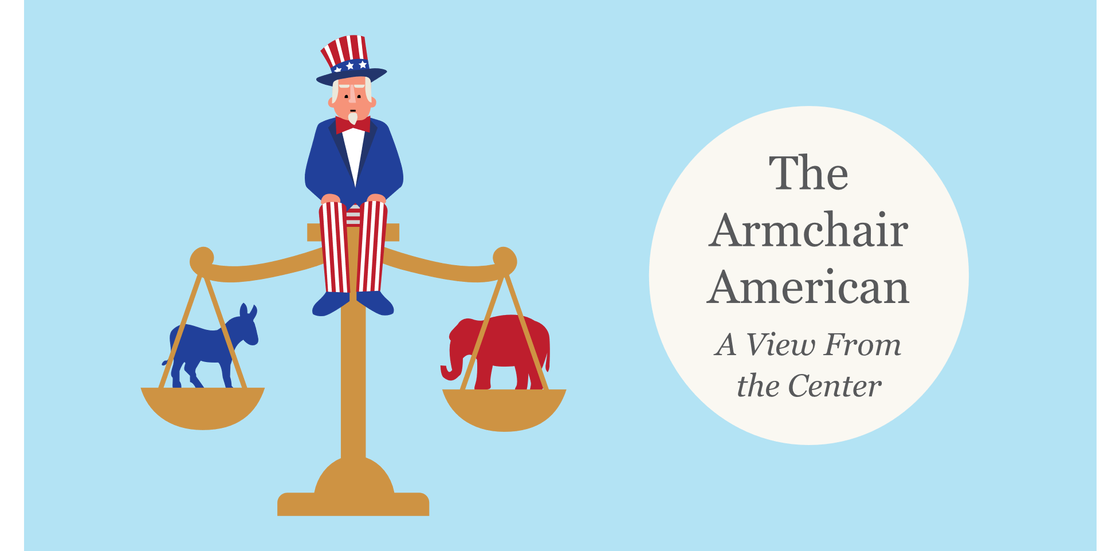
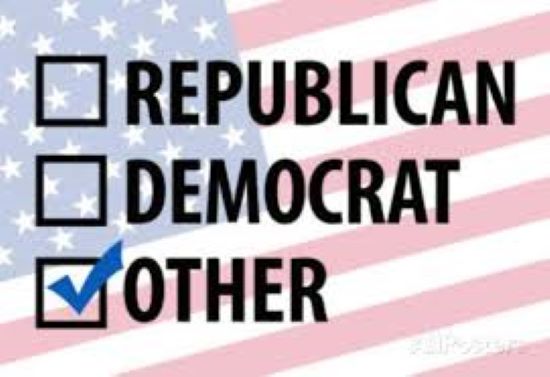
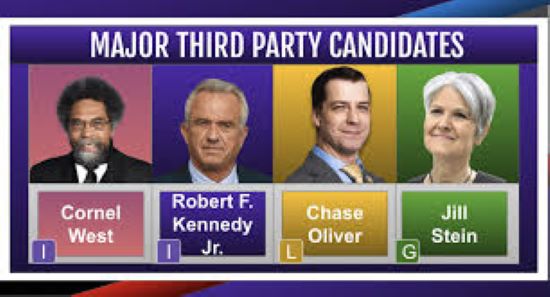


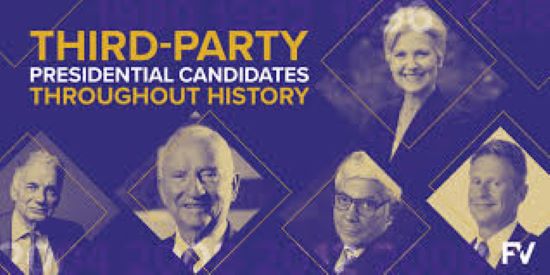

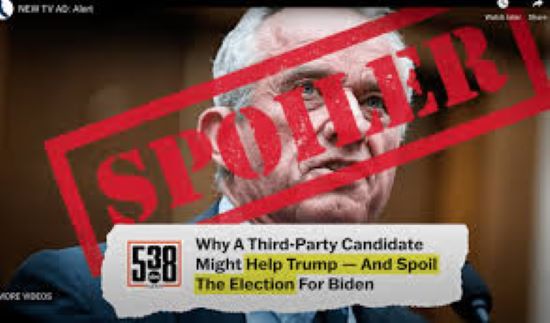
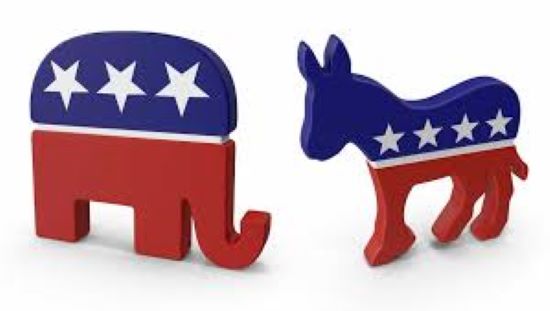
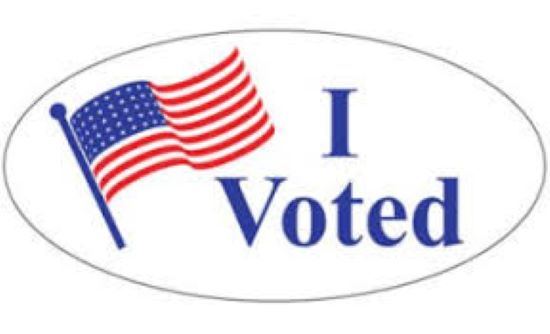
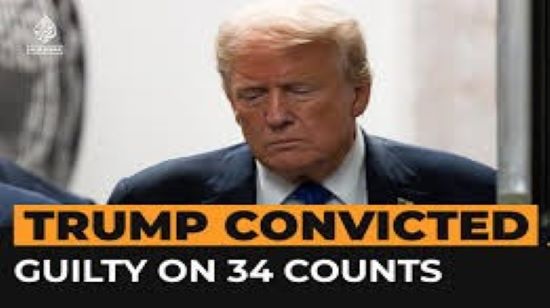
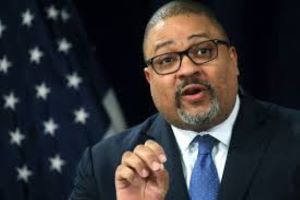
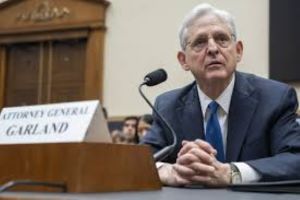


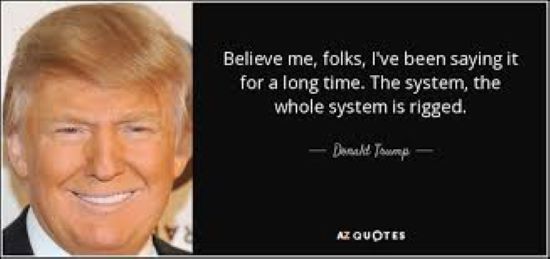
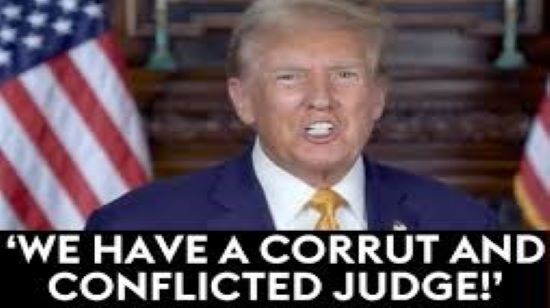
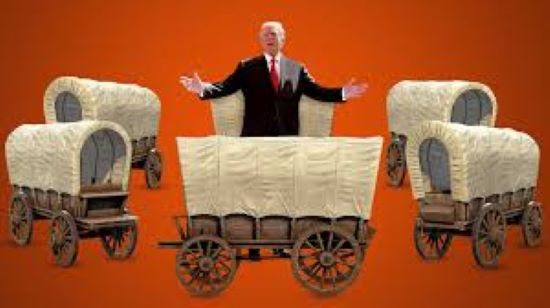

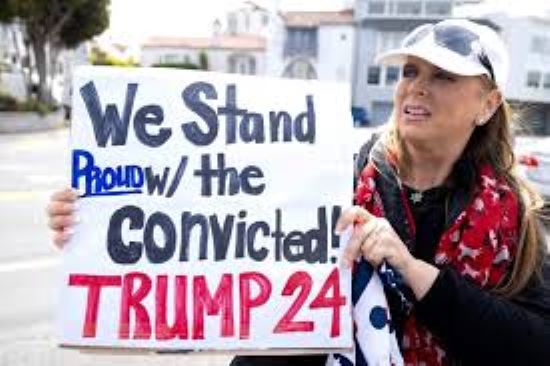
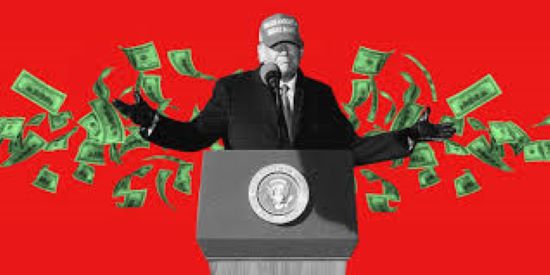

 RSS Feed
RSS Feed